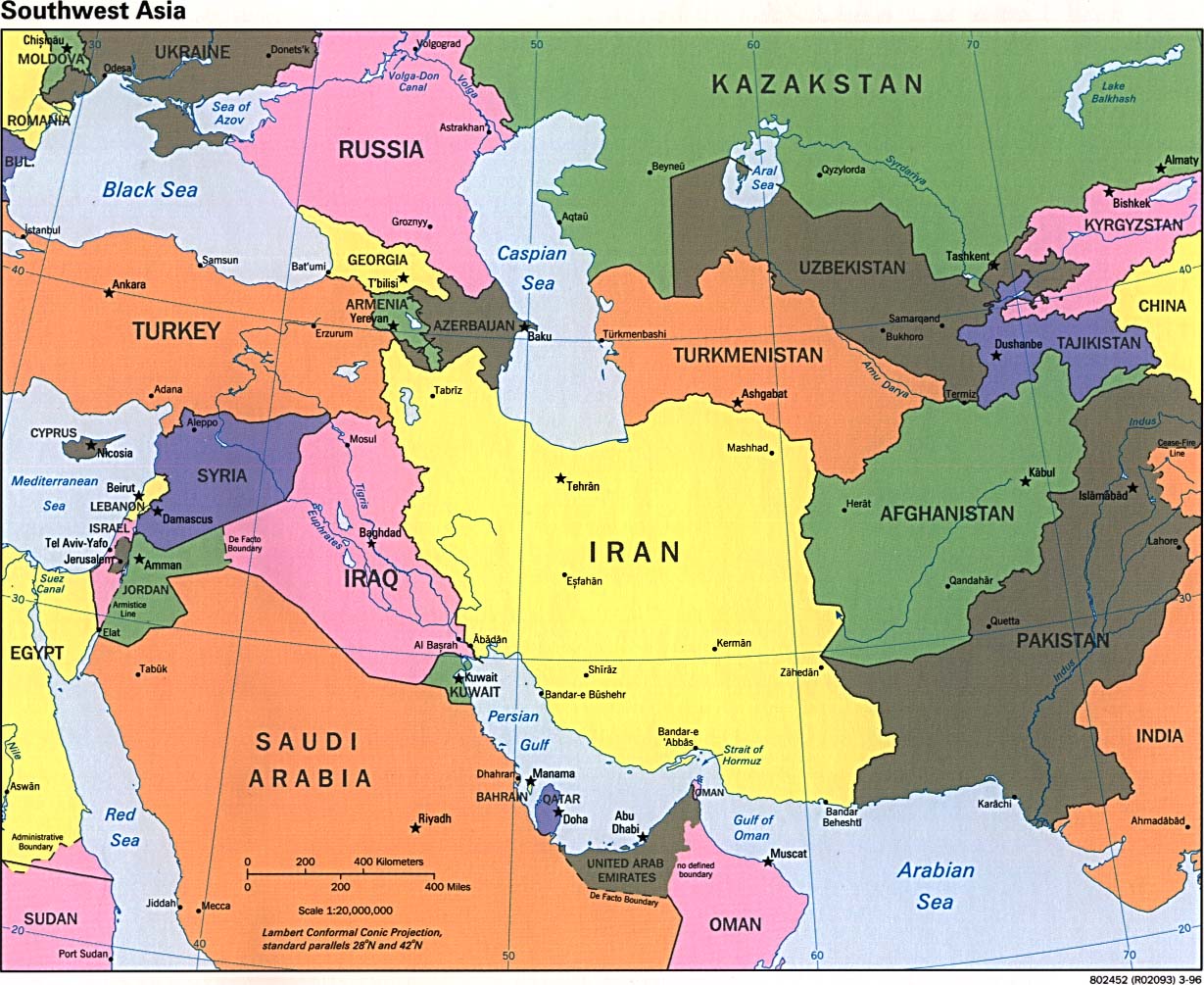
Dear Readers,
The long established checks and balances system has to some extent been
tested in the latest financial crisis. A test of the Checks and Balances system is in essence a test over of our democracy. As duly noted, Thomas Jefferson and Andrew Jackson were extremely suspicious of the financiers of the United States. They believed that if this class of individuals were given too much power, they could manipulate, and in essence run the entire country. According to the U.S.
Constitution, Article I Section VIII gives Congress the power to “To
coin Money, regulate the Value thereof.” However, after the Financial
Panic of 1907, Congress agreed that an institution should be created
which would “could provide a ready reserve of liquid assets in case of
financial panics and would also provide for a currency that could expand
and contract as the seasonal U.S. economy dictated.”
Glass-Stegal Act of 1933
It is important to review some of the safeguards that were put in place regarding the awesome power of the Federal Reserve in general, and the financial sector in particular The Glass-Stegal Act of 1933 went to great lengths to limit the power of financiers and their influence. Later this century, a growing number of lobbyists saw the act as antiquated and limiting. Two separate groups underscored positions on Glass-Stegal.
The argument for preserving Glass-Stegal (as written in 1987):
1. Conflicts of interest characterize the granting of credit - lending
- and the use of credit - investing - by the same entity, which led to
abuses that originally produced the Act.
2. Depository institutions possess enormous financial power, by virtue
of their control of other people’s money; its extent must be limited
to ensure soundness and competition in the market for funds, whether
loans or investments.
3. Securities activities can be risky, leading to enormous losses. Such
losses could threaten the integrity of deposits. In turn, the Government
insures deposits and could be required to pay large sums if depository
institutions were to collapse as the result of securities losses.
4. Depository institutions are supposed to be managed to limit risk.
Their managers thus may not be conditioned to operate prudently in more
speculative securities businesses. An example is the crash of real
estate investment trusts sponsored by bank holding companies (in the
1970s and 1980s).
The argument against preserving the Act (as written in 1987):
1. Depository institutions will now operate in “deregulated”
financial markets in which distinctions between loans, securities, and
deposits are not well drawn. They are losing market shares to securities
firms that are not so strictly regulated, and to foreign financial
institutions operating without much restriction from the Act.
2. Conflicts of interest can be prevented by enforcing legislation
against them, and by separating the lending and credit functions through
forming distinctly separate subsidiaries of financial firms.
3. The securities activities that depository institutions are seeking
are both low-risk by their very nature, and would reduce the total risk
of organizations offering them -- by diversification.
4. In much of the rest of the world, depository institutions operate
simultaneously and successfully in both banking and securities markets.
Lessons learned from their experience can be applied to our national
financial structure and regulation.[7]
This Week...
Big Ben Bernanke is struggling with Congress' new interest in his powers, and the far-reaching influence of the Federal Reserve. While Bernanke would like Congress to allow free-wielding power, it is Congress who has increased its scrutiny. According to Bloomberg News, "Bernanke is trying to deflect a bill, co-sponsored by 276 members of the House of Representatives, that would require audits of central bank operations, including monetary policy decisions, by the Government Accountability Office." While Ron Paul and others in Congress desire a Federal Reserve with accountability, Bernanke warns that giving too much over site... or in this case too many audits of Federal Reserve books, could lead to the loss of independence that gives the bank such flexibility.
1. http://www.usconstitution.net/const.html#A1Sec1
2. http://en.wikipedia.org/wiki/Federal_Reserve_Act
3. http://en.wikipedia.org/wiki/Glass-Steagall_Act
4. http://www.bloomberg.com/apps/news?pid=20601087&sid=atdHeCJ1_K0U



